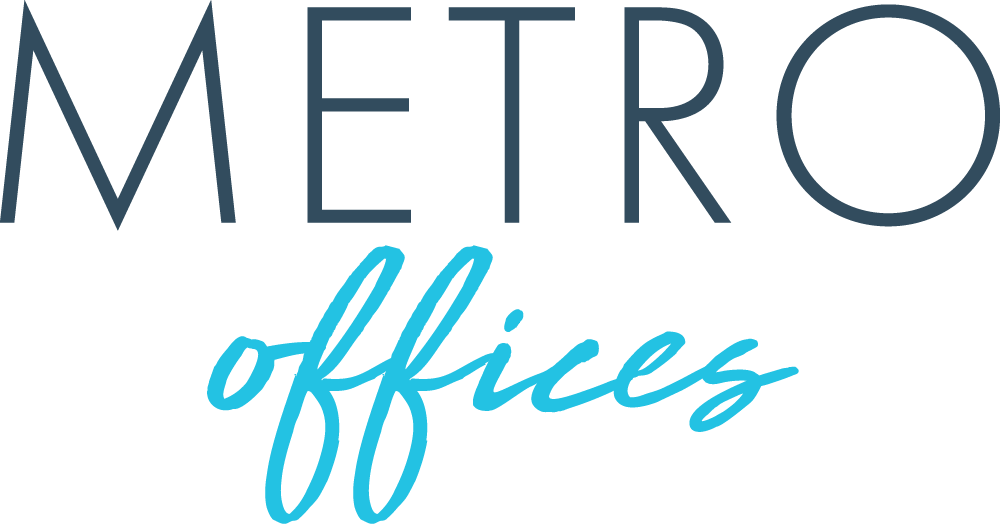Recent Posts
Categories
- Boost Productivity With Private Offices (17)
- Comparing Office Spaces (1)
- Engage and Empower Your Remote Employees (14)
- Escape Distractions: Rent a Private Office! (5)
- Grow Your Business and Network as an Entrepreneur (30)
- Host Impressive Virtual Events in Our Office Spaces (26)
- Level up Your Business as a Solopreneur (16)
- Maximize Productivity in Your Office Space (1,189)
- Startup (10)
- Unlock Productivity Secrets Now! (1)
- Unlock Your Productivity Potential (21)
- Wellness (31)
- Workspaces (43)
NEED HELP?
Review
451 reviews ★ 4.9 average










